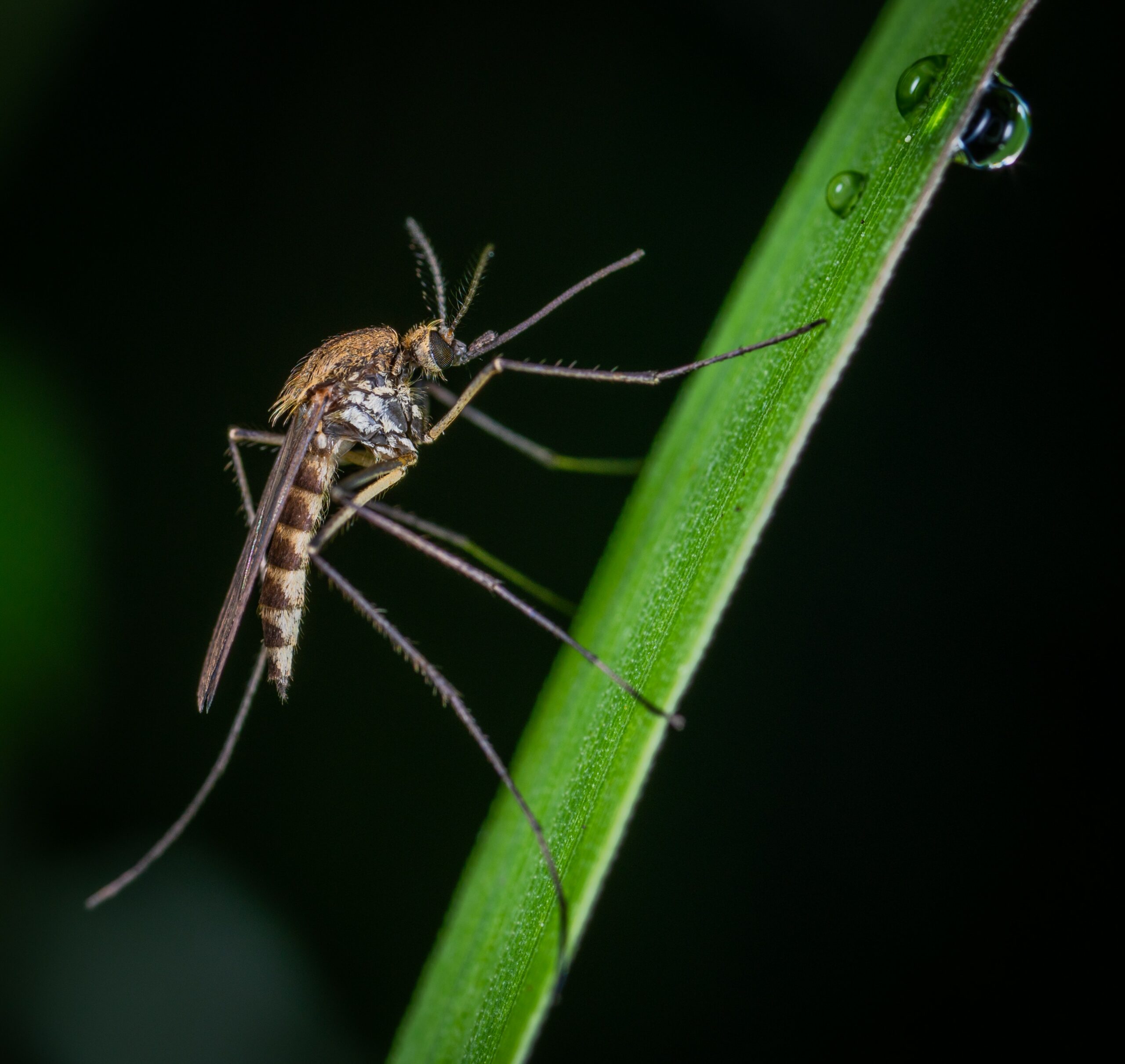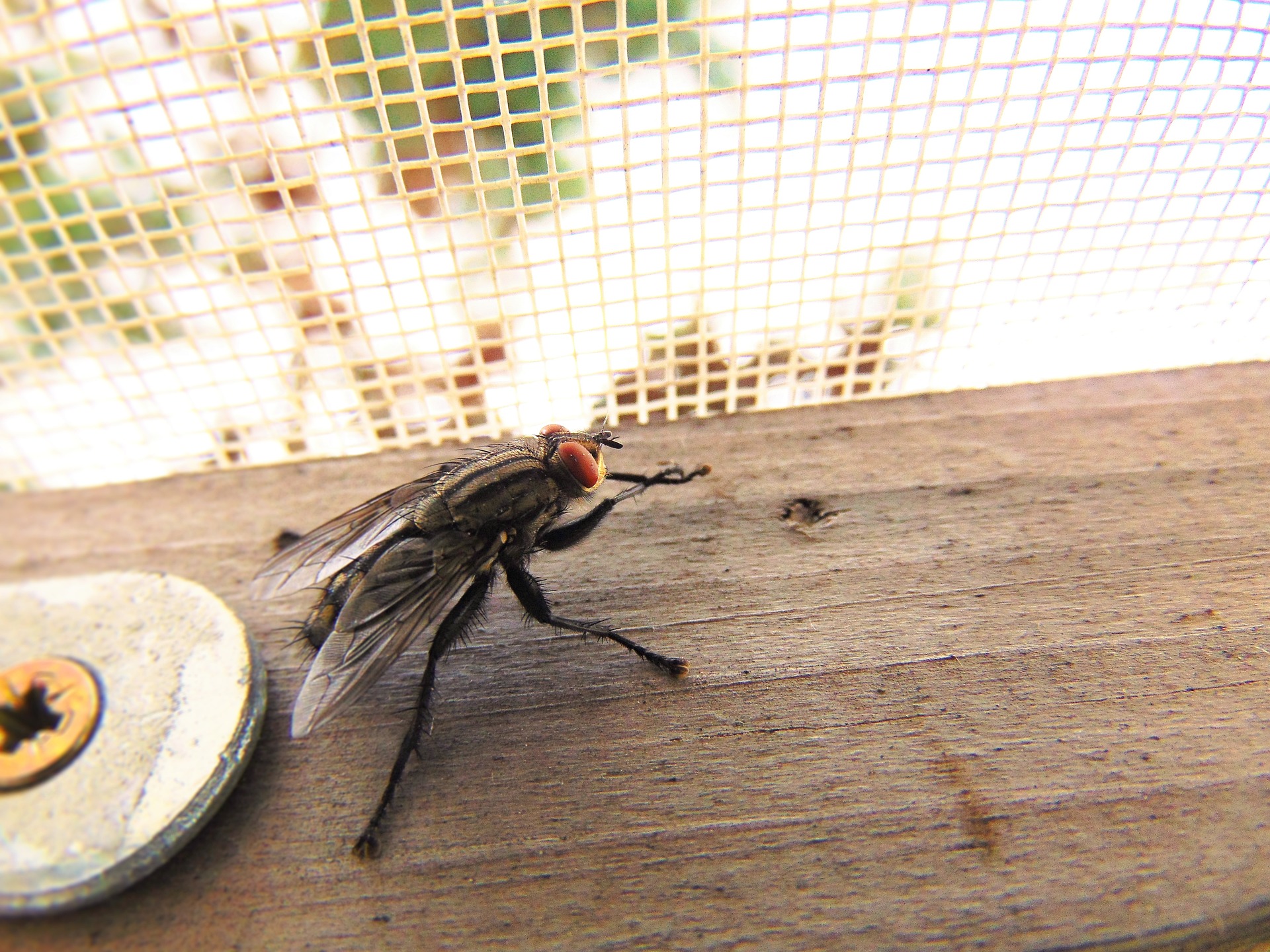
Pests that can cause allergies
Several pests can cause allergies in humans. These allergies are often triggered by the pests’ saliva, droppings, shed skin, or body parts that become airborne and can be inhaled. Some common pests known to cause allergies include:
Dust Mites: These microscopic pests are one of the most common causes of indoor allergies. They thrive in warm, humid environments, and their feces and body parts can become airborne and trigger allergic reactions.
Cockroaches: Cockroach allergens are present in their saliva, feces, and shed skin. These allergens can become airborne and cause respiratory issues and allergic reactions, especially in sensitive individuals.
Pollen-Carrying Insects: Insects like bees and wasps can carry pollen from flowers, which may lead to allergic reactions when they sting or bite humans.
Mosquitoes: While mosquito bites themselves are not usually allergenic, the saliva they inject when feeding can cause itching and allergic reactions in some individuals.
Bed Bugs: While not typically known for causing allergies, some people can have allergic reactions to bed bug bites, which can result in red, itchy welts.

Fleas: Flea bites can cause itching and allergic reactions in some individuals, especially if they are particularly sensitive to flea saliva.
Stinging Insects: Stinging insects like bees, wasps, hornets, and yellow jackets can cause severe allergic reactions in some people, which can be life-threatening in extreme cases.
Ticks: Tick bites themselves may not cause allergies, but ticks can transmit diseases like Lyme disease, which can lead to allergic reactions or other health issues.
Rodents: Mice and rats can produce allergenic proteins in their urine, saliva, and dander. These proteins can become airborne and trigger allergic reactions when inhaled.
Ants: Ants, particularly fire ants, can cause allergic reactions when they sting humans. Fire ant stings can result in painful, itchy welts and, in some cases, severe allergic reactions.
Wasps and Hornets: Like bees, wasps, and hornets can also cause allergic reactions when they sting. Their venom can lead to localized swelling and pain or severe systemic reactions in sensitive individuals.
Flies: Flies can carry allergens on their bodies and may contaminate food, leading to allergic reactions if the contaminated food is ingested.

Silverfish: These small, wingless insects can produce allergenic particles that become airborne and trigger respiratory allergies in some people.
Cockleburs and Burdock: These plants can cause skin irritation and allergic reactions when in contact with the skin.
Caterpillars: Some caterpillar species have urticating hairs or spines that can cause skin irritation and allergic reactions if touched.
Spiders: While most spider bites are harmless, some individuals may experience allergic reactions to certain spider bites.
Dust and Mold: While not pests themselves, dust mites and mold can thrive in environments with high humidity and cause allergies in some people. They are commonly found indoors and can trigger respiratory symptoms.
It’s important to note that individuals may vary in their sensitivity to these pests, and not everyone will experience allergies or allergic reactions. If you suspect you have allergies caused by pests or environmental factors, it’s best to consult with a medical professional. West Termite, Pest & Lawn can help you deal with pest problems. Call us today!
More posts from West Termite, Pest & Lawn
Pestproofing Entry Points Before Spring
As spring approaches in Arkansas, homeowners face an increased risk of pests seeking warmth, food, and shelter. Many infestations begin with small, unnoticed entry points that allow insects, rodents, and other pests to move indoors. Pestproofing your home before the...
Early Spring Termite Activity in Arkansas
As Arkansas begins to warm in early spring, homeowners may assume termites remain dormant until the summer months. In reality, spring termite colonies can become active much earlier, especially as soil temperatures rise and moisture levels increase. Subterranean and...
Preparing Your Home for Early Spring Pests
As winter fades and temperatures rise in Arkansas, homes become vulnerable to a fresh wave of early spring pests. Early spring is a critical time to take preventive action because insects, rodents, and other pests start emerging from dormancy, seeking food, warmth,...



